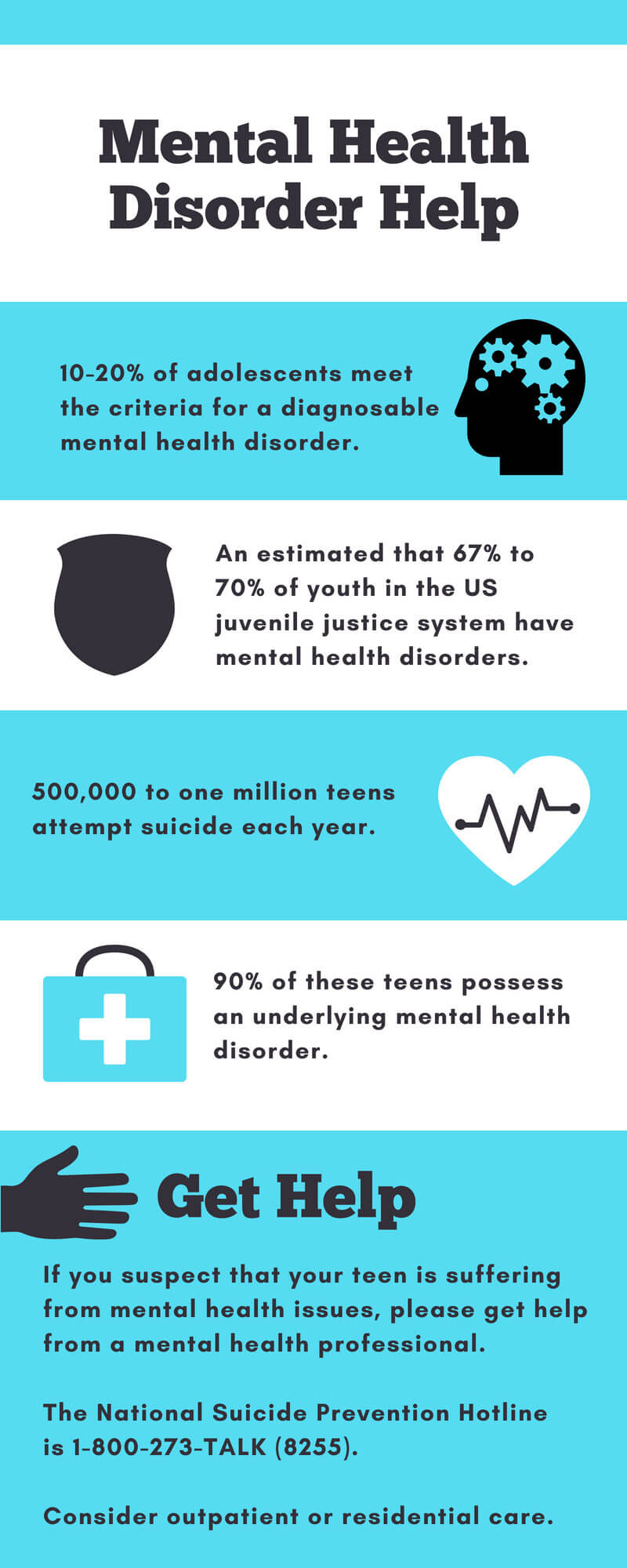Mental Health Disorder Help
Mental Health Disorder Help
By Maia Christopherson
When someone becomes sick, they see their doctor in order to understand what is wrong with their body and how to get better. If they don’t take care of their body, their sickness can become worse and cause serious problems. We want our bodies to be healthy and strong in order to feel well and function properly.
The same idea applies to mental health disorders. People with mental health disorders need professional help in order to understand and take care of their mental health. Without help, mental health disorders can impede people’s ability to be happy and accomplish day-to-day tasks. Just like how you wouldn’t tell someone who is sick to “just get over it,” you wouldn’t say that to someone with a mental health disorder.
Teens and Mental Health Disorders
10-20% of adolescents meet the criteria for a diagnosable mental health disorder. In youth, mental health disorders can lead to poor school performance, dropping out, strained family and social relationships, and disruptive behaviors. It is estimated that 67% to 70% of youth in the US juvenile justice system have mental health disorders. Mental disorders also play a role in teen suicide rates. Suicide is the third leading cause of death among teens in the US, there being 500,000 to one million teens who attempt suicide each year. 90% of these teens possess an underlying mental health disorder. (https://www.sciencedirect.com/science/article/pii/S0190740917310307?via%3Dihub)
There is an obvious connection between untreated mental health disorders and problematic behavior. Imagine how these statistics would change if we took mental health disorders more seriously and helped our teens.
How to Get Help
If your teen is showing signs of struggling with a mental health disorder, talk with them about it, and seek professional help. Discuss with a mental health professional about behavior therapies and other treatment options. They may be able to recommend a doctor for a medical evaluation if needed. Do some research and consider outpatient versus residential treatment.


